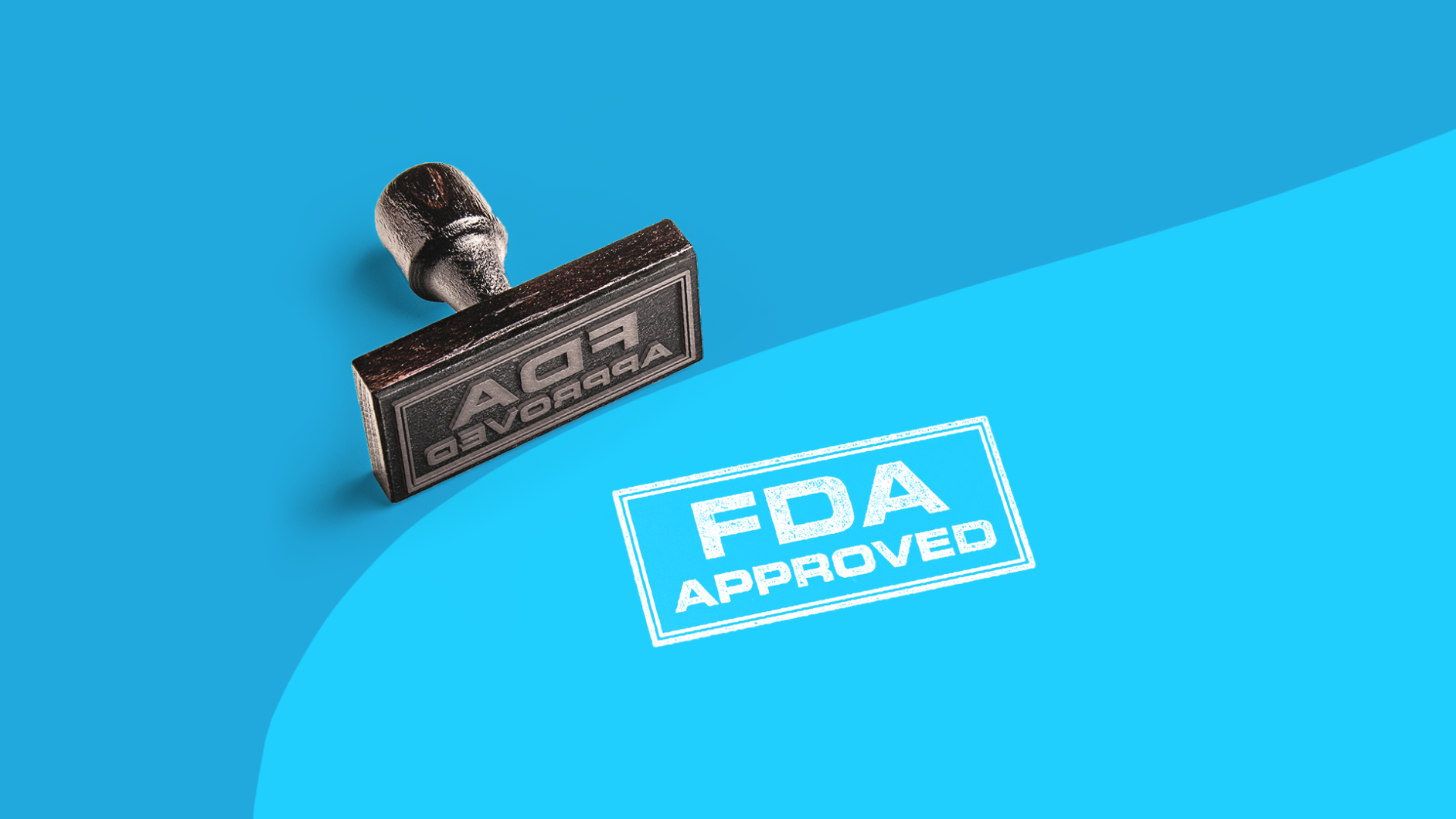On Friday, May 29, the U.S. Food and Drug Administration (FDA) approved the first oral medication designed to treat the heavy premenstrual bleeding (menorrhagia) associated with uterine fibroids, a condition that causes tumors to grow along the uterine wall.
The medication, Oriahnn, is an estrogen and progestin combination product consisting of elagolix, estradiol, and norethindrone acetate. Manufactured by AbbVie in conjunction with Neurocrine Biosciences Inc., these capsules are designed to address menorrhagia that fibroids can cause in premenopausal women.
Many women turn to surgery to address heavy bleeding, either in the form of a myomectomy to remove the fibroids or a hysterectomy to remove the entire uterus.
“Although surgical treatments, such as hysterectomy, are available, patients may not qualify for surgery or want the procedure,” said Christine P. Nguyen, MD, Acting Director, Division of Urology, Obstetrics and Gynecology in FDA’s Center for Drug Evaluation and Research, in a statement. “Various non-surgical therapies are used to treat fibroid-related heavy menstrual bleeding, but none have been FDA approved specifically for this use.”
Shaili Gandhi, Pharm.D., vice president of formulary operations at SingleCare, notes that uterine fibroids can cause up to four times the amount of menstrual bleeding that a normal menstrual cycle would cause. The FDA approval of Oriahnn opens up another treatment option for women.
“Oriahnn provides a non-invasive therapy that reduces the amount of bleeding and thereby, allowing a sense of normalcy,” she says.
By addressing the heavy bleeding issue, the medication may also help another side effect of fibroids in some women: iron-deficiency anemia.
RELATED: Anemia treatment and medications
Expanding the current treatments for fibroids
Fibroids, which are also known as leiomyomas or myomas, affect more women than you might realize.
The Office on Women’s Health estimates that somewhere between 20% and 80% of women develop uterine fibroids by the time they turn 50 years of age. Age is definitely a factor; the closer a woman gets to menopause, the more likely that she is to develop these typically benign tumors. However, after menopause, the fibroids tend to shrink.
Not everyone with fibroids experiences severe bleeding, however. Women with mild symptoms often take low-dose birth control pills, and some opt for other birth control methods containing progesterone such as the injectable medication Depo-Provera or Mirena, an intrauterine device (IUD).
Some women with mild to moderate symptoms take gonadotropin-releasing hormone agonists, like Lupron, to shrink fibroids and reduce or even eliminate bleeding. However, the benefits of the agonists only last as long as you take the medication, and due to side effects like bone-thinning, experts recommend capping the length of time you take them at six months.
Oriahnn can also cause bone loss over time, so the manufacturer cautions that a woman should not take this medication for more than 24 months. Regular bone scans are also recommended.
Other potential side effects include an increased likelihood of blood clots, heart attack, or stroke, especially in women over 35 who smoke or have certain conditions like high blood pressure, high cholesterol, diabetes, or obesity.
When is Oriahnn available?
People who are interested in trying Oriahnn shouldn’t have to wait much longer. The product should hit the pharmacy shelves very soon. AbbVie has announced that Oriahnn will be available to patients in the U.S. by the end of June.











